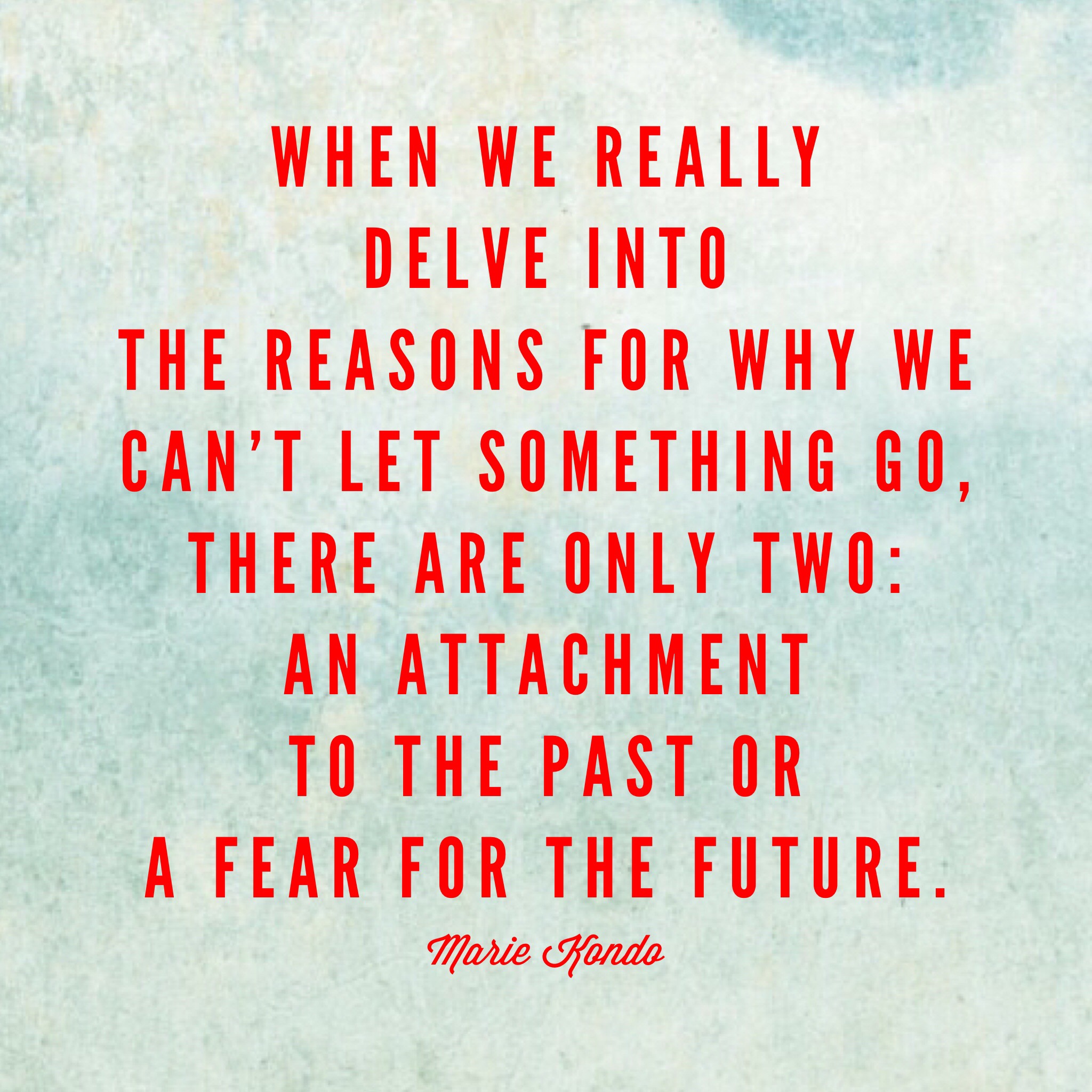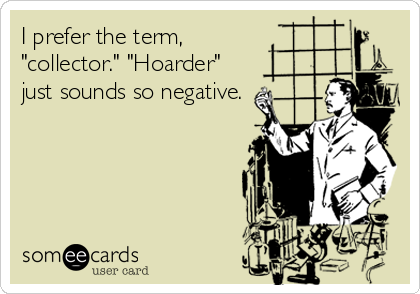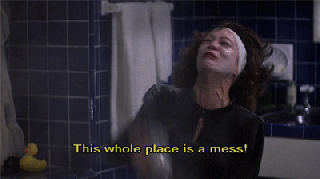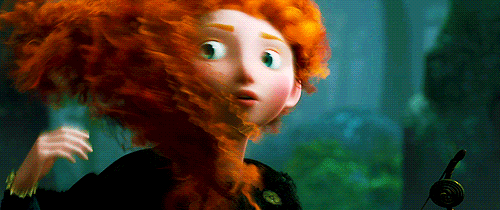I decided to write about why, and to compile a list of reasons for this project, in case anybody was curious! But first, let me explain what it is exactly that I'm doing.
Everyday, for nine weeks now, I've been taking a picture of everything I eat, except for extremely low calorie or zero calorie things (unless I feel like it) and I post a collage at the end of the day on Instagram with the hashtag #EatMindfully.
The idea behind this is simple, but somehow I've always found it hard to explain when ambushed with a question! But in a sentence, I wanted to use the act of taking a picture to pause before I eat my food, and to record the experience at the end of each day to reflect on how I eat. The hashtag really encapsulates the whole thought: I wanted to eat more mindfully.
If this is still confusing, let me explain how I used to eat before this project. I was reaching a point where I was craving food nonstop and when it was there, I ate it so quickly that I felt like I wasn't even really enjoying it! For someone who loves food and can be very sentimental, this was really sad. And even though I kept telling myself to stop, even though I knew so many ways to eat healthier, there was nothing holding me accountable.
That's when I thought about taking pictures. I figured that I could use the phone photography practice, and it would hold me more accountable, even if it's just a little bit.
I didn't have any goals or guidelines about my food, but I did try to be reasonable basing on the evidence. I tried to avoid seconds when I'm not hungry or I didn't even love the food, and tried to balance my diet a bit more and not eat excessively. AND, as much as I can, I try to add a bit of information or philosophy to the captions, if I had it in me in that particular day.
Okay, so I sort of ended up explaining why I'm doing this up there ^ woops! So here's a list instead of the benefits that this project has personally provided me:
- As I mentioned previously, it holds me accountable. I've tried writing down my daily food intake instead before, but it's proved to be so boring and monotonous that I actually forget to do it a lot and when I look back at it, it does nothing for me. Seeing the food instead gives me a better idea of what the day was like when it comes to my eating. Of course, this might seem excessive to some people, and indeed for many people, especially women, this might even be an unhealthy habit that might trigger obsessions and anxiety. But personally, I'm not vulnerable to eating disorders and weight obsessions and things like that. And clearly, it has not made me very restrictive at all. I mean just look at the picture up there!
- It slows me down. Having to take a picture before eating kind of quells the ravenous beast inside of me that just wants to dump all of the food in my pie hole. I'm more likely to plate my food nicely now, too, which makes me less likely to eat very fast (although it still happens).
- It shows me imbalances in my diet and allows me to make up for them. Like if one day looks super carby, I'm able to adjust the next day and add more veggies, or reduce calorific drinks, if I had three coffees with milk and sugar the other day.
- It gives me a sense of "hey I can stick to an activity everyday!" Doing something daily, or developing a habit might be something that comes naturally and easily to other people, but it's honestly one of my biggest flaws. I'm horrible at keeping at things and personal projects. So being able to do this everyday has really been good for my self esteem.
- It also gives me a sense of "I know what I'm doing and I don't mind if people think I'm being 'basic'!". I've always been a bit snotty and snobby as a teen, when it comes to things that I feel like sheepish people would do, when it comes to music, movies, clothes, etc. I felt queasy following trends because aside from not really liking most things in the first place, I was still an insecure young person who had to really hold on to who they are so much that they spit on everything else. Now that I know myself a lot more and have shed my Special Snowflake Syndrome, I'm able to participate in harmless trends for fun, and to allow myself to be open to discussing and appreciating things, even if they're not my cup of tea, and I'm very open to trying new things, that when something popular is actually good, I recognize it! Anyway, this particular project allows me to put this in practice by doing something that's often ridiculed as a simple-person/basic thing to do: photographing one's food. And I'm able to keep at it for my own personal reasons, instead of being self-conscious about what uninitiated people might think of what I'm doing.
If you'd like to try it yourself, feel free to use my hashtag #EatMindfully, or make up your own, based on your own goals! The trick is to find out what works for you by respecting your natural tendencies and being kind to yourself. Food is supposed to nurture and fuel us, but we have to let it!















